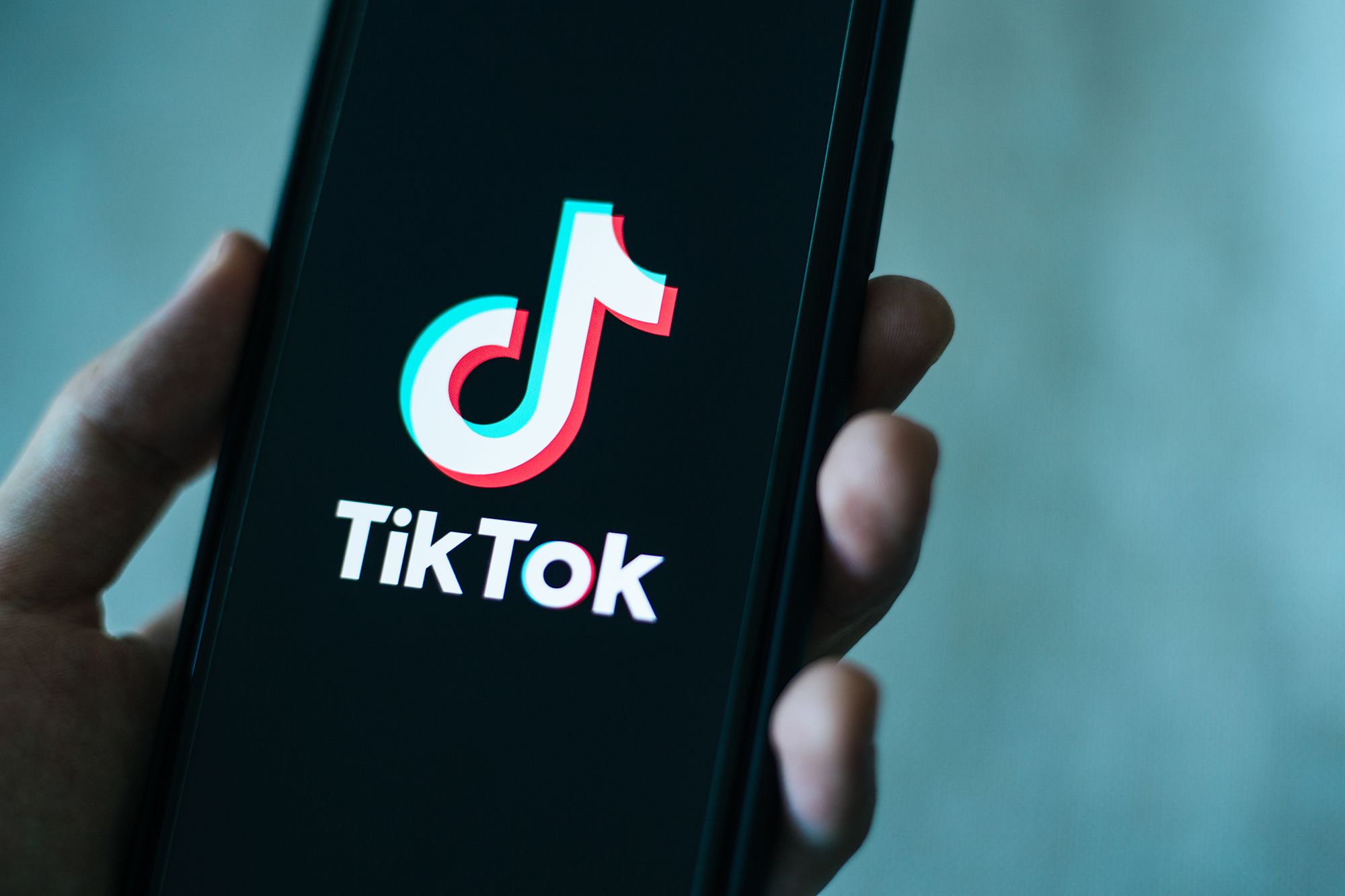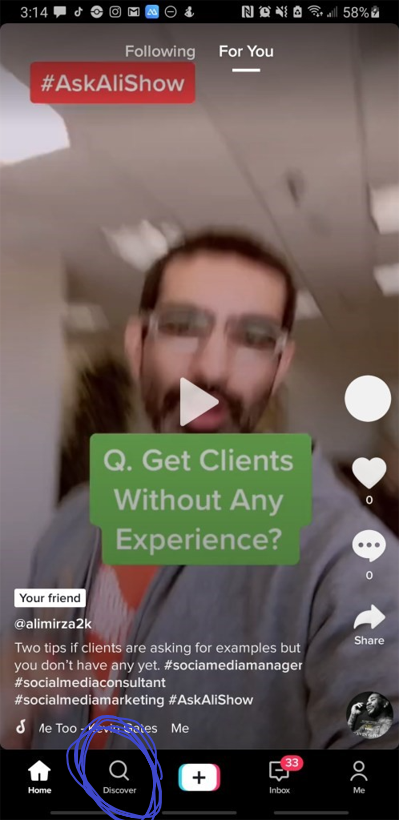Created in 1962 by Everett Rogers, the Diffusion of Innovation Theory explains how and why certain innovations get adopted over time. The rate at which innovations are adopted can be influenced by several factors including accessibility, the social system, complexity, relative advantage, and observability. This theory can be applied to innovations as well as ideas, as Professor Smith mentioned.
The Diffusion of Innovation Theory can be applied to the app TikTok. TikTok was created in 2016 as a reboot of the app Music.ly which was created in 2014 (investopedia). However, TikTok became popular in 2018. TikTok is a social media platform where people can create and share videos. These videos can include viral trends, dances, world events, tutorials, etc. Compared to other social media platforms, TikTok has a unique recommendation algorithm that tracks how much time you spend watching each video, what you like, what you share, and what you save. TikTok then creates something called a “For You Page,” which contains videos that appeal to the user based on their usage and interests.
When looking through the lens of Rogers's Diffusion Theory, we can identify factors that influenced the rate at which people used or adopted TikTok. The pandemic forced people to stay inside their homes. Since TikTok became popular in 2018, many people spent time using the app while being locked down in their homes or quarantined. Some people were quick to adopt this technology because it was a brand new social media platform and everyone wanted to try it. Also, since TikTok lacks complexity, people are more inclined to use it. Another factor that influenced TikTok being adoption so quickly is the social system factor. Gen Z and Gen Alpha are more inclined to use TikTok because social media plays a major role in their lives. These generations use social media to communicate and express themselves.
When using this theory to analyze why some people are late to adopt or use TikTok, several factors come to mind. As I mentioned earlier, certain generations are more inclined to use social media for communication and expression. Gen X and The Baby Boomer Generation are not as inclined to use technology or social media to communicate or express themselves. This could be because they did not grow up using this type of technology. Some people may not see certain advantages of TikTok or find the videos entertaining or relevant.
Some people have decided not to use TikTok at all. Reasons could include the issue of security and possible addiction. TikTok collects various types of data including behavior patterns and location information. It is believed that the Chinese government can use this information. These security concerns have caused several countries to ban the app. Authorities believe that the app could compromise national security.
A negative consequence of the app can be the risk of addiction. TikTok is designed to be bottomless, where users are encouraged to keep scrolling through the content over an extended time period. With this negative consequence in mind, people may not want to risk using the app due to potential consequences.


No comments:
Post a Comment